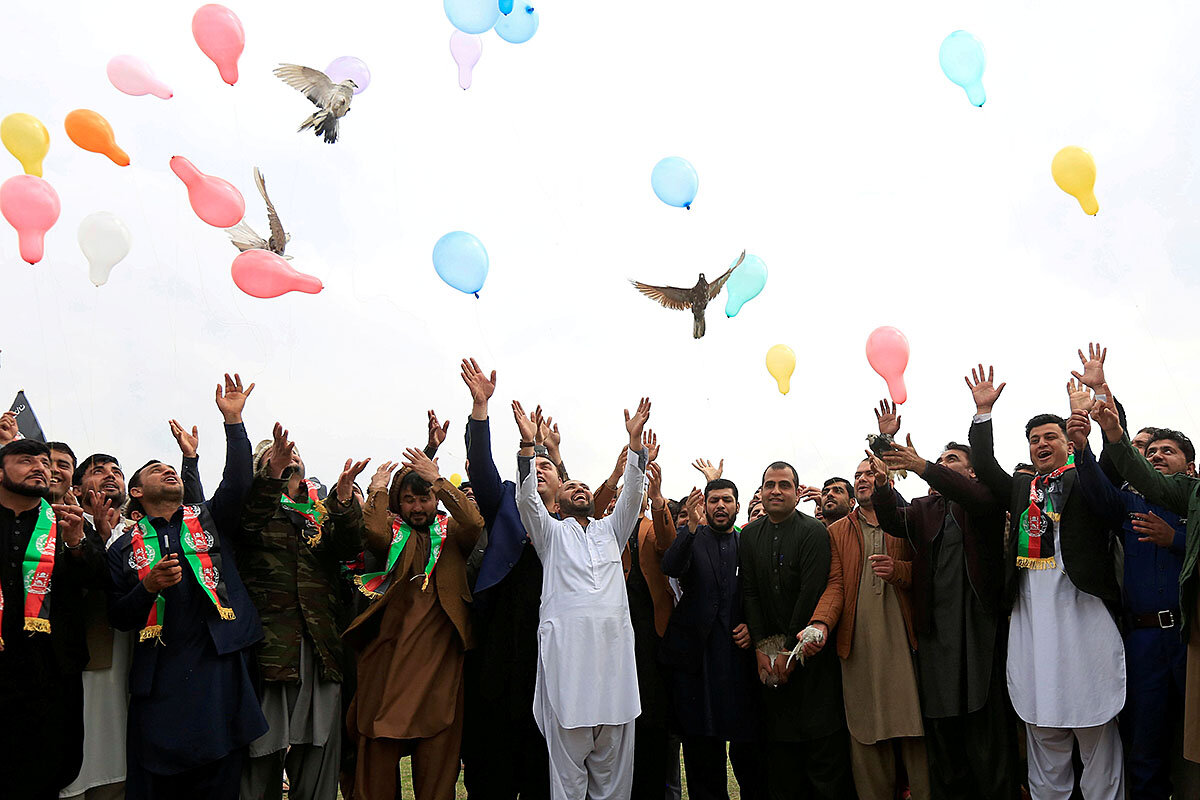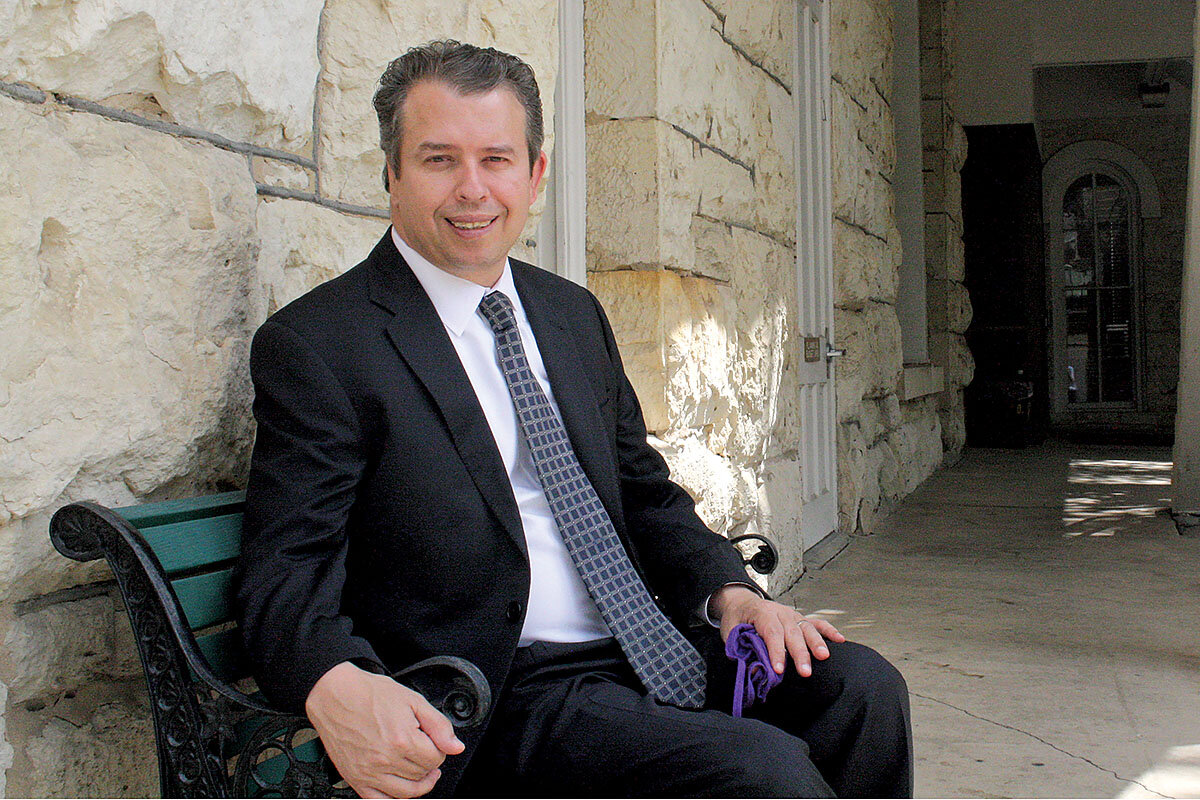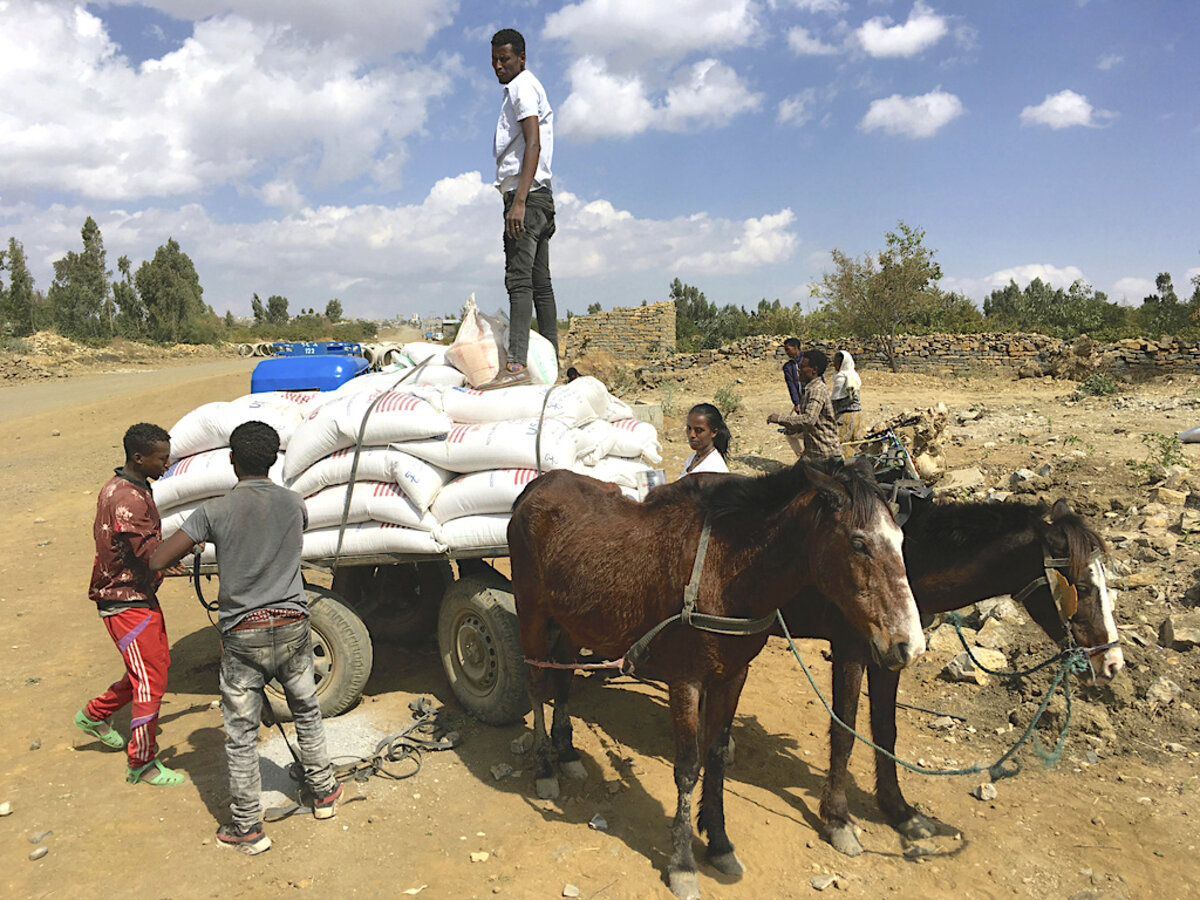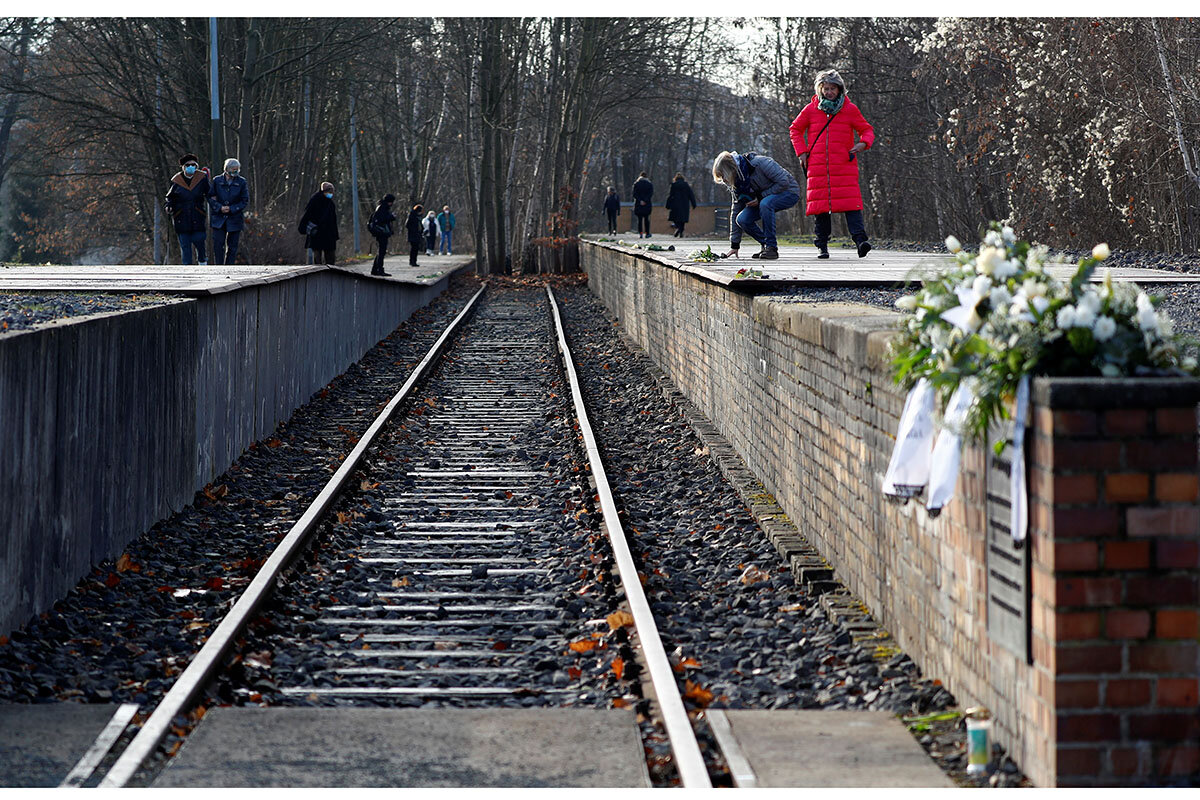President Joe Biden plans to renew American leadership in the world and the centerpiece of his foreign policy, according to Secretary of State Antony Blinken, will be aid for less-well-off countries. That means, for example, more money for empowering women and building democratic institutions in what is called the global south. Mr. Biden has appointed a woman, Samantha Power, as administrator of the U.S. Agency for International Development (USAID). She is well known for promoting equality and the protection of individual rights. And, in a first, she will be an official member of the president’s National Security Council.
Yet this well-intentioned effort in Washington must also deal with a trend among Western-based aid organizations like Oxfam and Amnesty International. Their work now entails listening more to local recipients of aid rather than operating mostly from the priorities of private donors and wealthy countries. They have moved jobs and offices to the countries where they focus their work. They are putting more emphasis on hiring locally.
In other words, motives for foreign aid are under heightened scrutiny. Strategic interests of aid givers still matter, but so now does humility. Leadership itself is being redefined. More aid starts by letting the people on the receiving end build a consensus around the values and goals of a program meant to help them.
Numbers illustrate what is driving change. Only 2.1% of global development funding goes directly to local civil society organizations, according to the U.N. Office for the Coordination of Humanitarian Affairs. The rest is allocated through international organizations to local partners. Because 99.1% of nongovernmental organizations in the global south function as subcontractors, they have little or no say in how projects are designed. Eight wealthy governments and private philanthropic entities account for nearly 90% of all development aid.
One critic of the traditional Western approach is Nigerian-American novelist Teju Cole. Writing in The Atlantic, he neatly summarized the frustration of aid “recipients”: “How, for example, could a well-meaning American ‘help’ a place like Uganda today? It begins, I believe, with some humility with regards to the people in those places. It begins with some respect for the agency of the people in Uganda in their own lives.”
Two projects in Zimbabwe underscore how Western and local development groups approach the same problem differently.
Twenty years ago then-President Robert Mugabe incited violent attacks on the country’s commercial farms. The few thousand owners, most of whom were white, scattered to Zambia, Angola, and Australia. Their farms, the most productive in Africa, were taken by government ministers or appropriated by ragtag small farmers who had no seed or farming equipment. Food shortages drove more than a quarter of the population into neighboring countries.
But almost immediately, some of the new aspiring farmers joined with environmentalists and social justice activists to form an “agroecology” organization to build capacity and protect the rights of female growers. Today the Zimbabwe Smallholder Organic Farmers Forum is an internationally recognized group with 19,000 members. It is sustained by a network of small donors worldwide.
Speaking with La Via Campesina, an international advocacy group, Thandiwe Chidavarume, of the Rural Women’s Assembly in Zimbabwe, offered a perspective of what agriculture development means locally: “Rural women farmers demand climate justice, participation in decision-making, and recognition of their immense contribution to food security and food sovereignty.”
By contrast, USAID launched a “farmer to farmer” program with the government of Zimbabwe in 2018 to provide “technical assistance by highly qualified American volunteers.” Its reliance on external expertise is matched by external goals. In announcing its project, USAID said the program would “increase understanding of ... US development programs.”
While the people of the global south welcome foreign assistance, they have grown impatient with being passive recipients. The most effective programs now build in mutual respect and partnership. And some countries that have long received aid, such as Bangladesh, now have their own aid groups working overseas. American leadership, with aid as its focus, may need to rethink who is doing the leading.
 David Clark Scott
David Clark Scott










